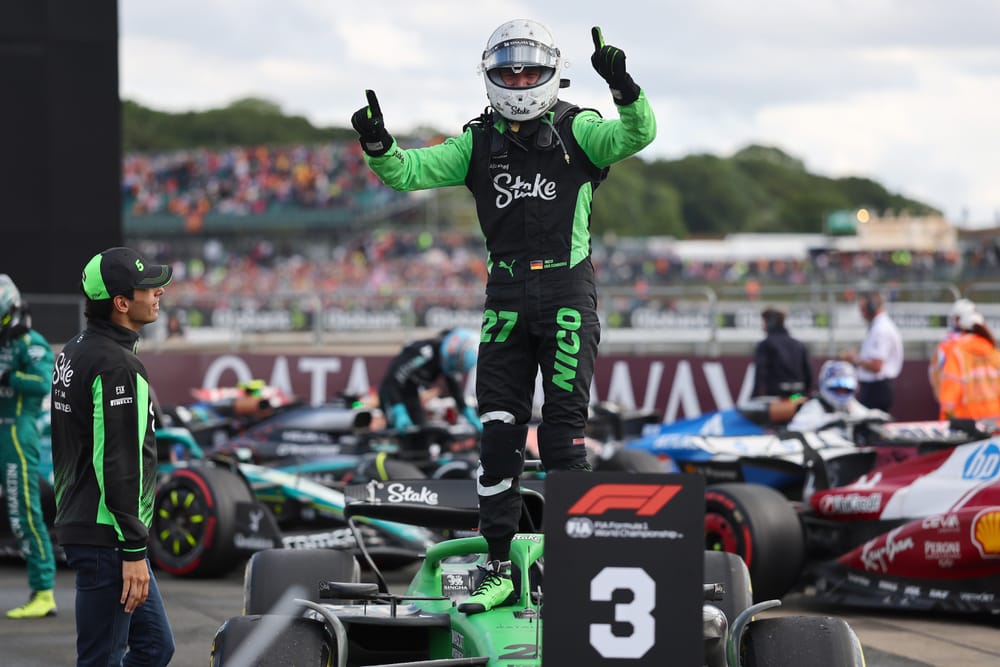When Audi announced its phased takeover of Sauber in 2022, its transformation into the German automotive giant's works Formula 1 team seemed far off.
There are now fewer than six months left before the first-ever Audi F1 car hits the track in pre-season testing. That prospect loomed terrifyingly not long ago given the long runway into 2026 had been squandered by a team that floundered badly on track after a promising start to the current ground effect regulations.
However, the past four months have transformed the perception of what's soon to be Audi. It is at last demonstrating tangible progress on track and showing signs of being a firm enough foundation for F1's newest manufacturer to achieve its lofty targets.
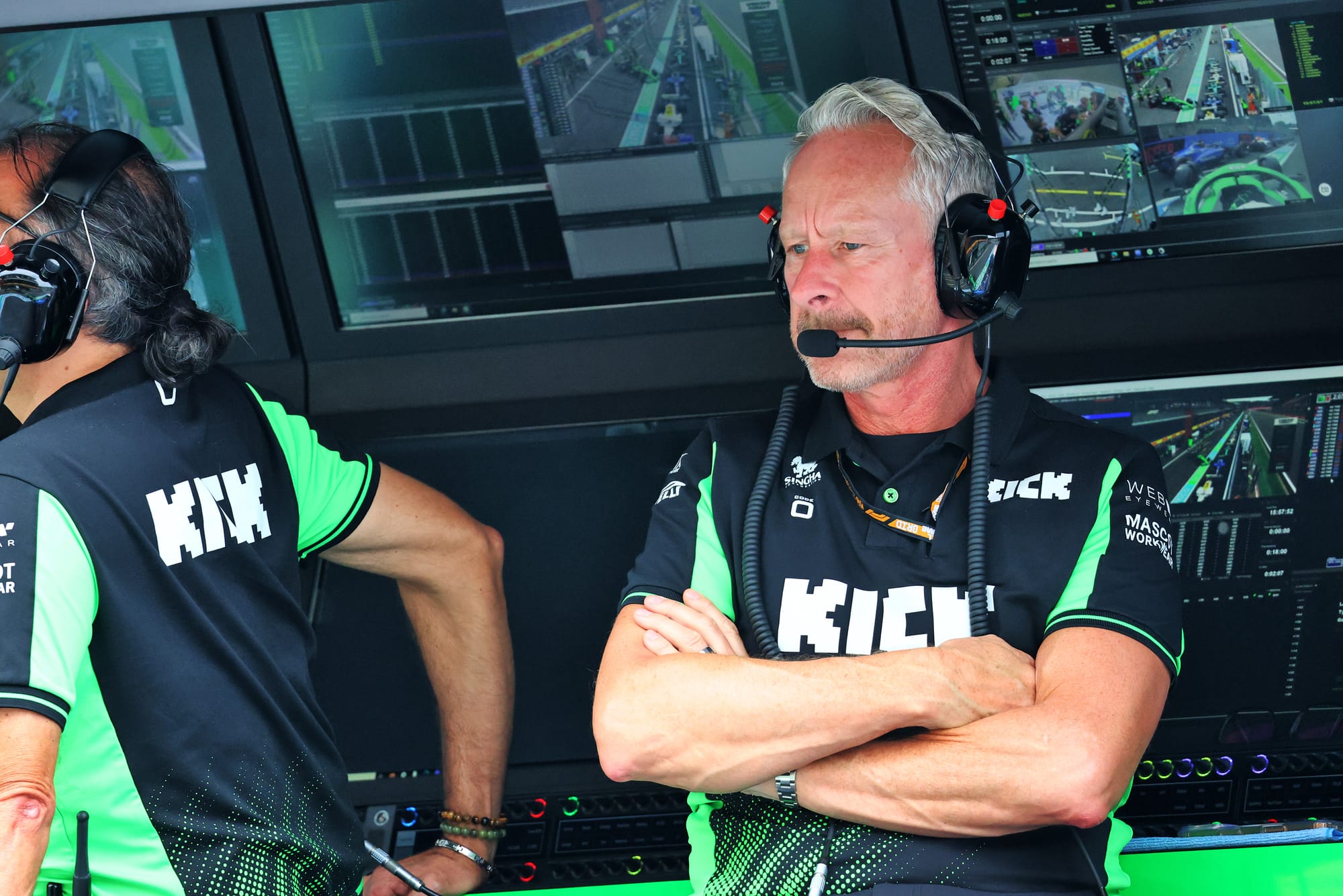
That four-month timeline aligns perfectly with the arrival of new team principal Jonathan Wheatley. Correlation doesn't equal causation, and the timelines for F1 teams making improvements means that there's far more to Sauber's great leap forward than the arrival of the former Red Bull Racing sporting director.
The key inflection point was last July, when Audi made changes and replaced Andreas Seidl with Mattia Binotto as COO. That led to Wheatley's recruitment as team principal and transformed an outfit that was underperforming embarrassingly last year.
Even when the 2024 car had pace to be a points threat it was usually let down operationally, to the point where the notion that it could be capable of becoming F1's highest-scoring midfield team across the six events leading into the 2025 summer break seemed impossible not long ago. Given the key word Wheatley proffers when asked what the next six months mean in terms of becoming Audi, those results are particularly significant.
"The next six months are all about respect, in many ways," Wheatley tells The Race. "There's a rich history here at Sauber of an unbelievable Formula 1 team that has achieved so many great things from very humble origins. We need to look after the legacy of that team very well. I have one eye on history and Sauber has been part of that since I was a kid. I can remember the first one running [ahead of the team's F1 debut in 1993] when I was with Benetton, a beautiful car.
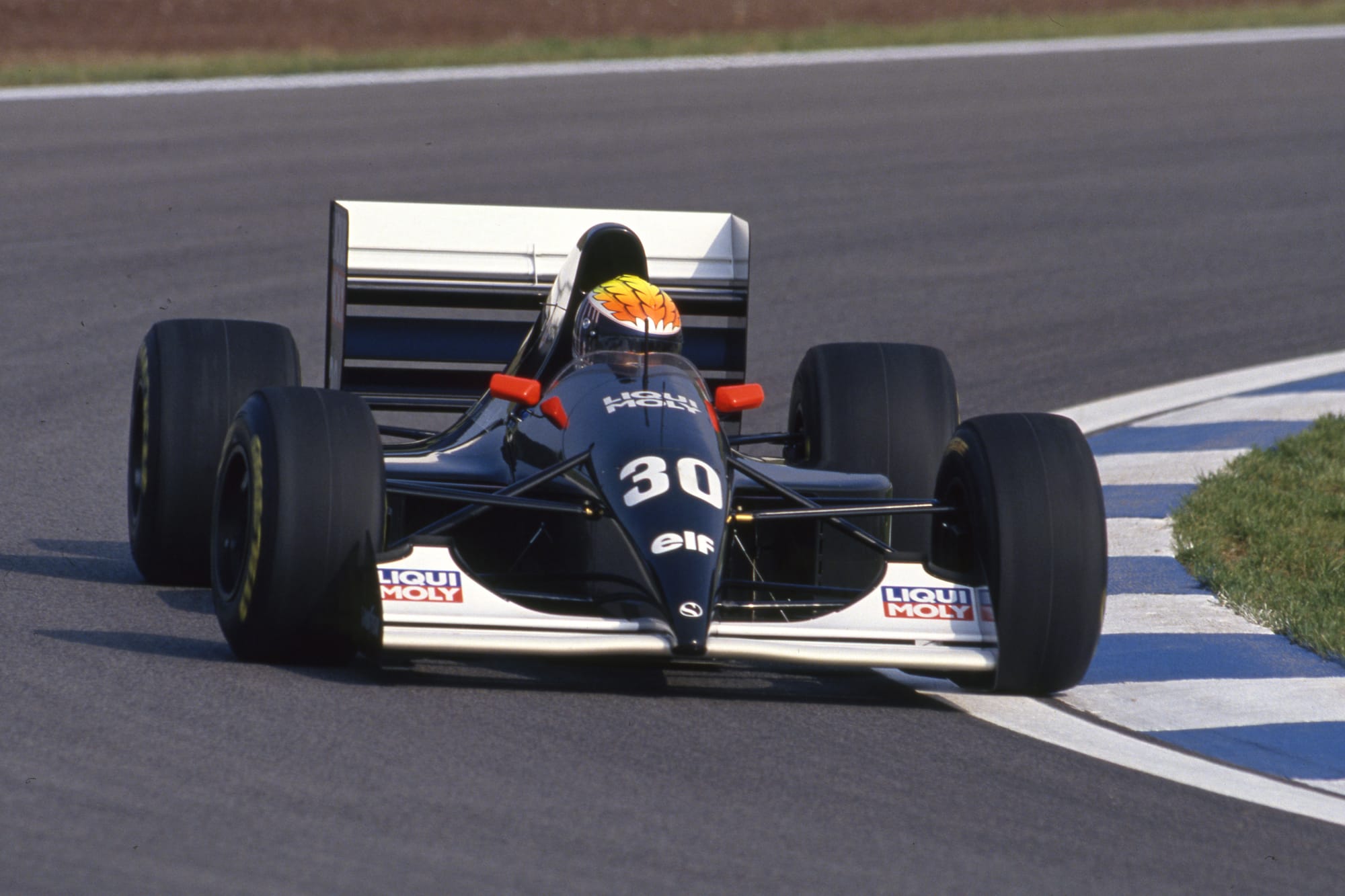
"We have to very carefully look after the legacy and I know it's important to Gernot Dollner [Audi CEO] that we do; the reason Audi has four rings is they never forgot the background of how Audi became Audi. That's a responsibility Mattia and I understand as well.
"There's a lot to do in the next few months. It's ambitious, but everything we're doing is ambitious. We are on the right route at the moment."
Mention of the four rings, with Audi one of four companies merged to create the Auto Union, is a reminder that it is is not entirely without grand prix heritage as it can lay claim to the successes of the 1930s, with legendary drivers Tazio Nuvolari and Bernd Rosemeyer, among others.
Sauber, too, is something of a patchwork, a team created by Peter Sauber that existed as a Mercedes works team in sportscars, spent a four-year spell as BMW's F1 team, had a stint under the ownership of Swedish billionaire Finn Rausing - who almost sold it to Andretti and has run it under the Sauber, Alfa Romeo and Stake/Kick names - before its current form as the proto-Audi team. And if what Wheatley calls respect is a key objective for these transitional months, then it has already been achieved.
"Well, that's lovely of you to say, because that's what we're here to do," says Wheatley when it's put to him that this respect has been gained. "The credibility of having people like Mattia and myself here, the performances at the circuit [are important because] maybe people don't see Sauber as a way into Formula 1 before you progress to another team. People are seeing it as a permanent job, a job for life.
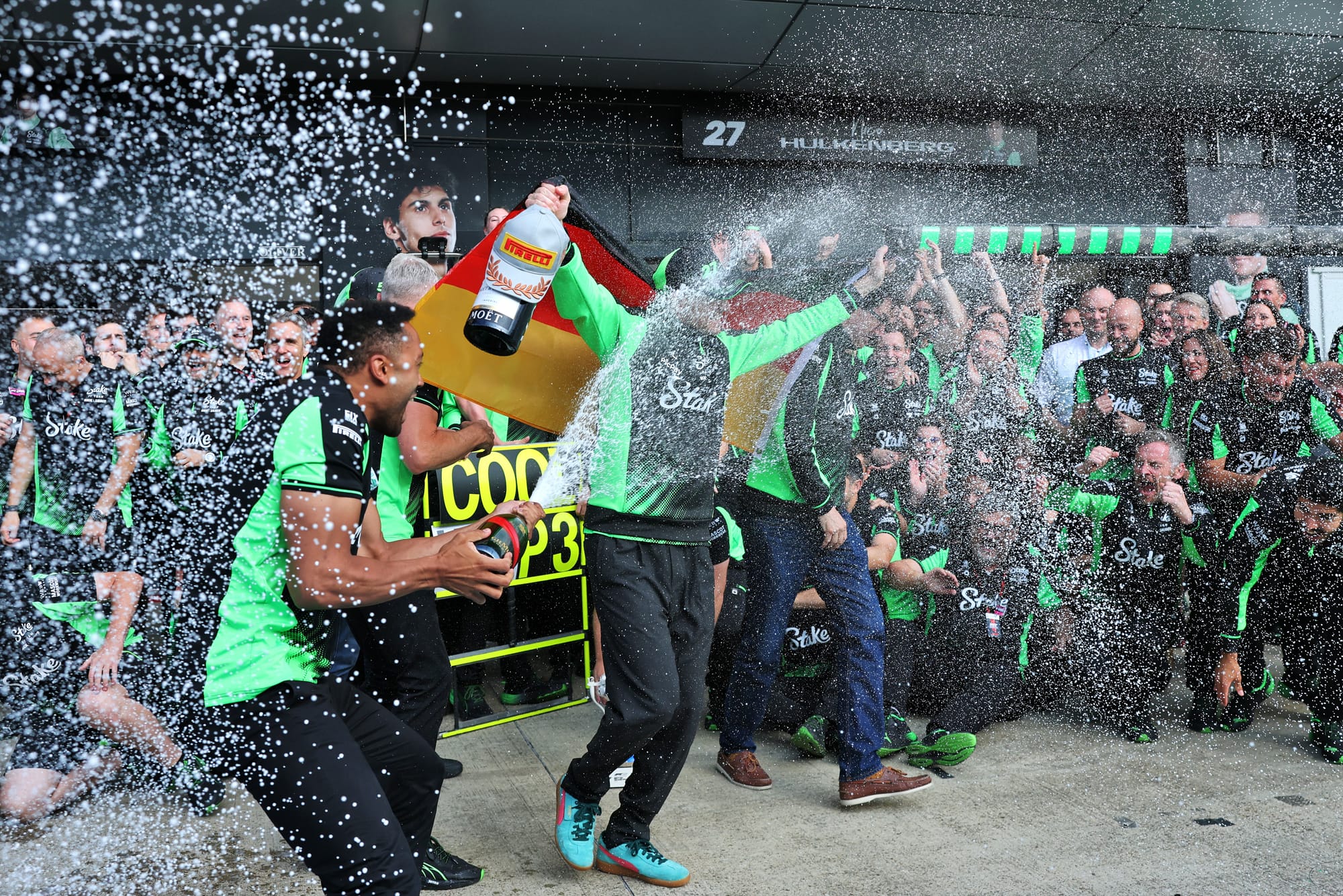
"You need to keep this consistency in staffing, as once you've got these incredibly talented people who are well trained and understand how the team works, you want to keep them constantly motivated and staying where they are. You're not going anywhere, so you're not constantly trying to reimagine a team out of new people all the time."
One of Wheatley's mantras is that F1 is about people. That was one of the key reasons he first moved into management rather than focusing solely on nuts and bolts when he made the leap from Renault to become Red Bull team manager ahead of the 2006 season. Human capital has been his primary focus and has undoubtedly played a big part in Sauber's dramatic improvement operationally.
"If I look back to when I started in April, from a race team perspective, we've made some huge steps forward in terms of communication and organisational structures," says Wheatley. "And we're not finished. There is still a lot I want to achieve, and I'm having to tackle that in bite-sized chunks.
"I'm still trying to assemble a team under me that operates how I like a team to operate, so that I have more freedom to do what I want to do. But actually, I'm quite happy being a bit more operational at the moment, because I am able to keep an eye on the future."
"One of the things that was clear as I got here was there was a good creative energy building in the factory, in terms of understanding the performance challenges that we had with the C45 and how to progress from there. There was some good work going on before I got here.
"As you probably imagine, Mattia hasn't been sat there doing nothing for the last year and I guess what I'm feeling at the moment, compared with April, is momentum gathering in all areas. That is so important when you're trying to transition from a smaller team to a bigger team with larger aspirations. It's super-important we keep gathering momentum."
What happened at Silverstone, where Nico Hulkenberg took his first F1 podium and a Sauber driver stood on the rostrum for the first time since Kamui Kobayashi's third place in the 2012 Japanese Grand Prix, was a milestone. While that result was partly circumstantial, the consequence of a well-executed race drive in the wet combined with Hulkenberg's well-timed strategic calls, it was only possible because the pace of the car has improved.
That and the opportunistic fifth place in Spain, enabled by being able to bolt on fresh softs late on under the safety car, have been the halo results, but almost more telling are the lower-profile minor points finishes that show Sauber can now challenge for the top 10 consistently.
"These are milestones on our journey," says Wheatley. "It's funny, sat on the pitwall at Silverstone I was in my comfort zone; we were fighting for a podium, not unusual, the strategy didn't involve if you were going to be lapped or had to unlap yourself, everything felt fine. We delivered a great third place. I had a chat with Nico on the radio, and then when I turned around, I saw the whole place was exploding! I was like, 'Oh yeah, actually, this is a really big deal'.
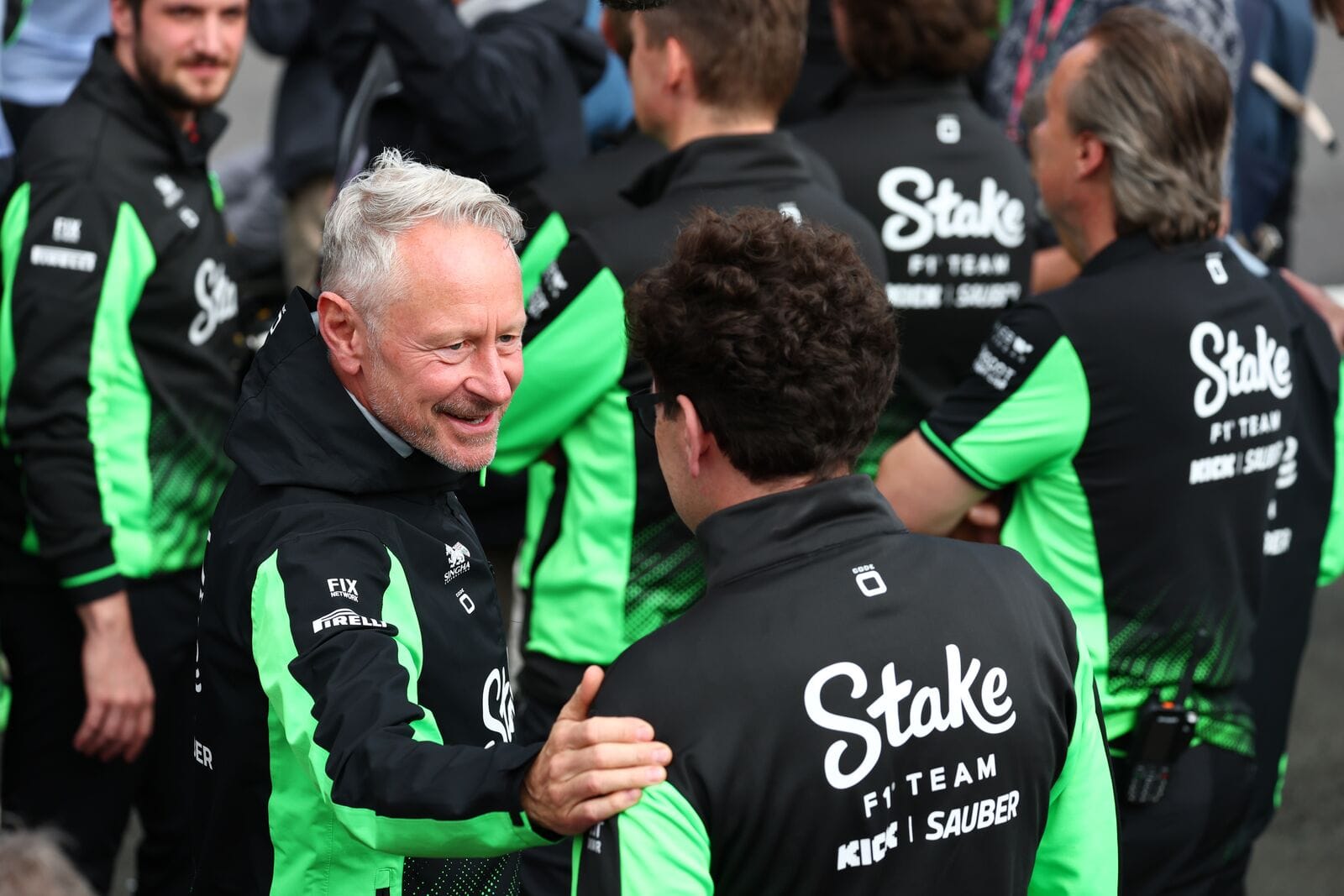
"From where I've come from to where we are now, you have to reset your goals. Scoring points in so many races back-to-back has been fantastic and to deliver a world-class performance in Silverstone, and that includes Nico, is a great position to be in. It's one we want to be in regularly, but we have to be realistic and we're not quite there yet."
While Wheatley's short-term impact has been most obvious on the operational side of the team trackside, his remit is broader than that. Working with Binotto, he is also part of developing the wider team from one of F1's smaller operations into one that can match the big guns.
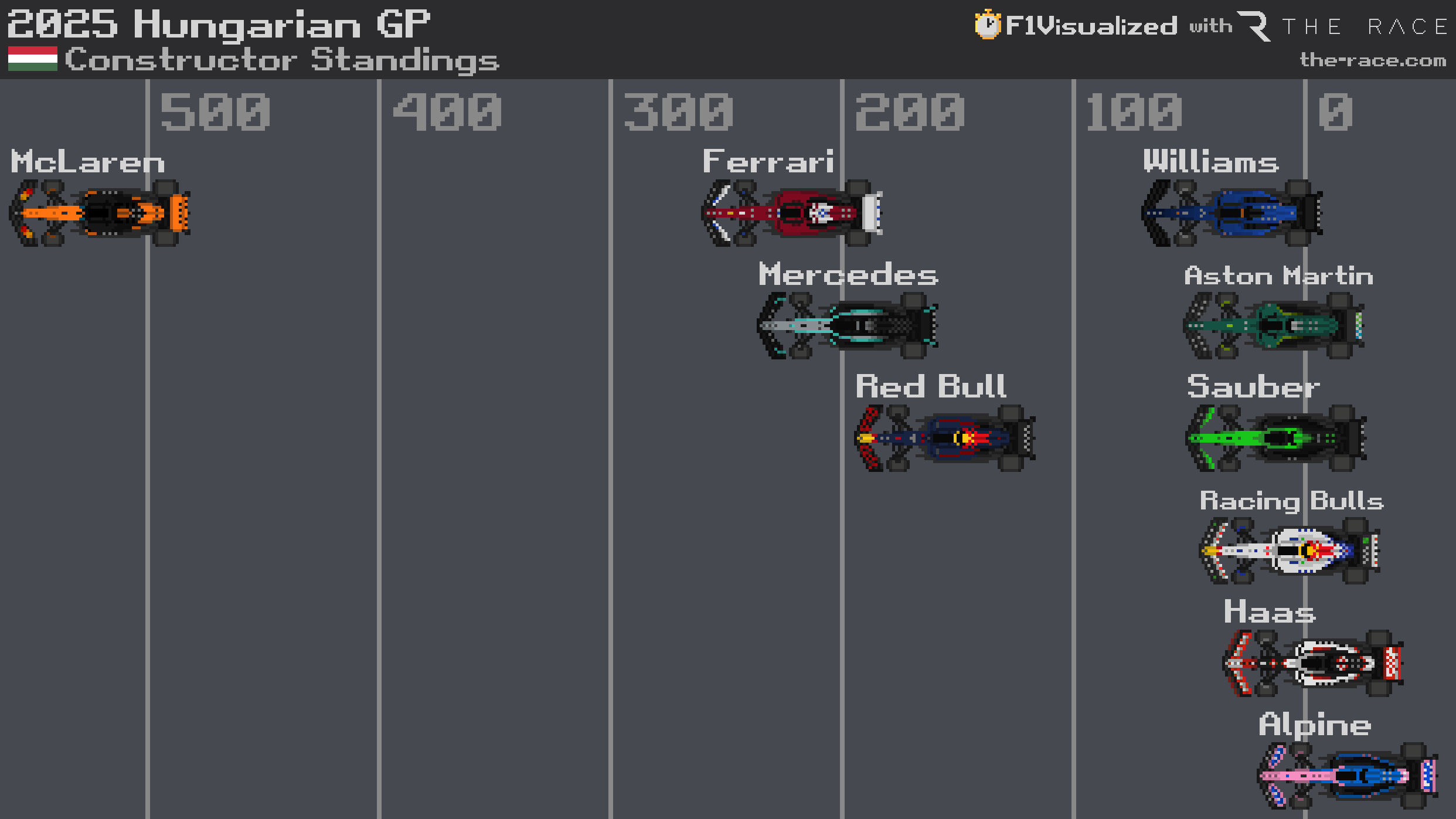
Currently, the logical benchmarks are not the teams doing the winning, but fellow upwardly-mobile outfits such as Williams. It's fair to say that Sauber has lagged behind in terms of expanding the team with its recruitment drive kicking into full swing later than Williams, which now has over 1000 people on its books, but that growth is now happening.
Given Sauber spent so many years struggling financially after BMW pulled out of F1 at the end of 2009, with Peter Sauber stepping back in to save it, there's a huge amount of catching up to do. You could call it modernisation in F1 terms, but while there's work to be done Wheatley was pleasantly surprised by the energy in the team.
"I expected a team that didn't have much energy to it and that was maybe slightly older in terms of demographic of people here," says Wheatley. "It's the opposite of that, actually. There's a huge ambition with this very young team.
"The facility doesn't help us at the moment. It's not a huge problem, but we have a development project for the facility to give people the space and the tools that they need. It's a relatively old building, an old windtunnel now. We've had quite an ambitious recruitment drive, so office space has been difficult, and meeting space almost impossible - that's just the day-to-day things big teams can just take for granted. We're putting those building blocks in place, so we're still putting the foundations in.
"We have to be humble about our journey, where we're trying to get to from where we started, but I can't see any impediments to that. The team's young and full of energy, so it needs a bit of direction, a bit of structure. It's not because people are bad; there isn't a clear reporting structure, there isn't a clear process, people don't completely understand their roles and responsibilities and where they're free to make decisions. So there's a cultural project and there's a structural project under way as well."
The money-no-object 'Audification' of Sauber is a challenge that Wheatley believes can only be understood in the historical context of where the team has come from.
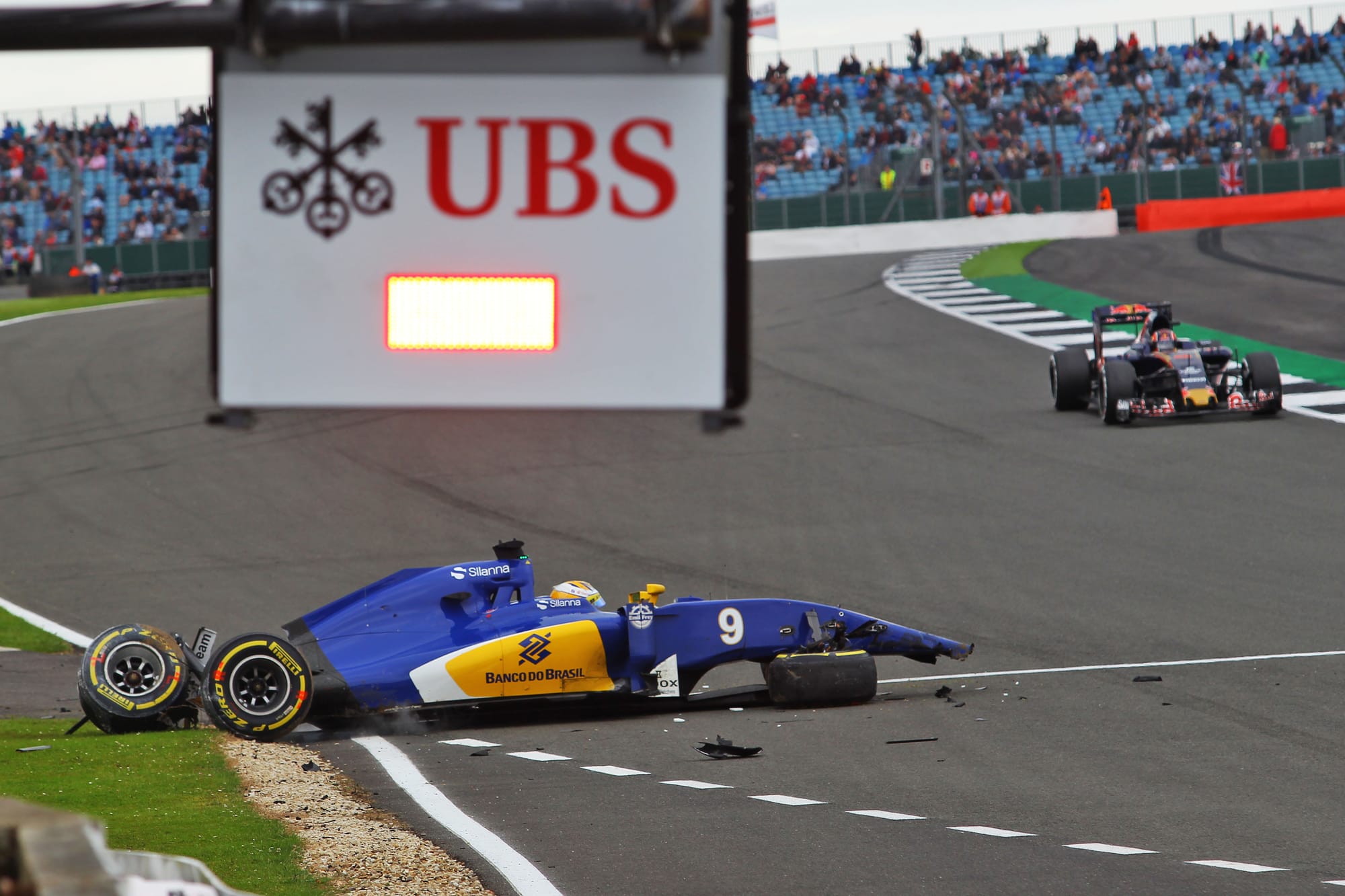
It's easy to underestimate how perilous the post-BMW era was financially as the team teetered on the brink of oblivion. It's a team that has had to contract and expand according to its financial circumstances, and that adds extra challenges to the normal difficulties of implementing controlled, but rapid, growth. What Wheatley does have is an appreciation for what the team went through to get here.
"You really need to get yourself plugged into the ‘tree of life' for the team," says Wheatley when asked about the need to untangle the compromises and problems of the past decade-and-a-half.
"I spent quite a bit of time with Peter Sauber trying to understand the challenges that he faced, the decisions that had to be made along the way, why it's structured in certain ways. It just tried to do a sort of a deep dive into where Sauber is and where it started. Then you learn a lot about it, and then you start to understand some of the decisions that were made. There were so many compromises.
"It's a team that was scrapping for every Swiss Franc to be able to compete. They did an incredible job. The sport owes a debt of gratitude to Peter Sauber. He had two Saubers on the grid for 33 years, an incredible achievement, when you look at the challenges they faced. For Mattia and myself, our role with Audi now is to bring this team into the big league. The credibility [being brought] to this project over the next few months [by results] can be vital."
Audi now appears to be in a position where it can be credible when it formally makes its debut next year with what promises to be a team that looks very different. Global financial technology company Revolut was recently announced as title sponsor, a brand-new motorhome to replace the creaking BMW-era one is in the works and the car's livery will be transformed for next year.
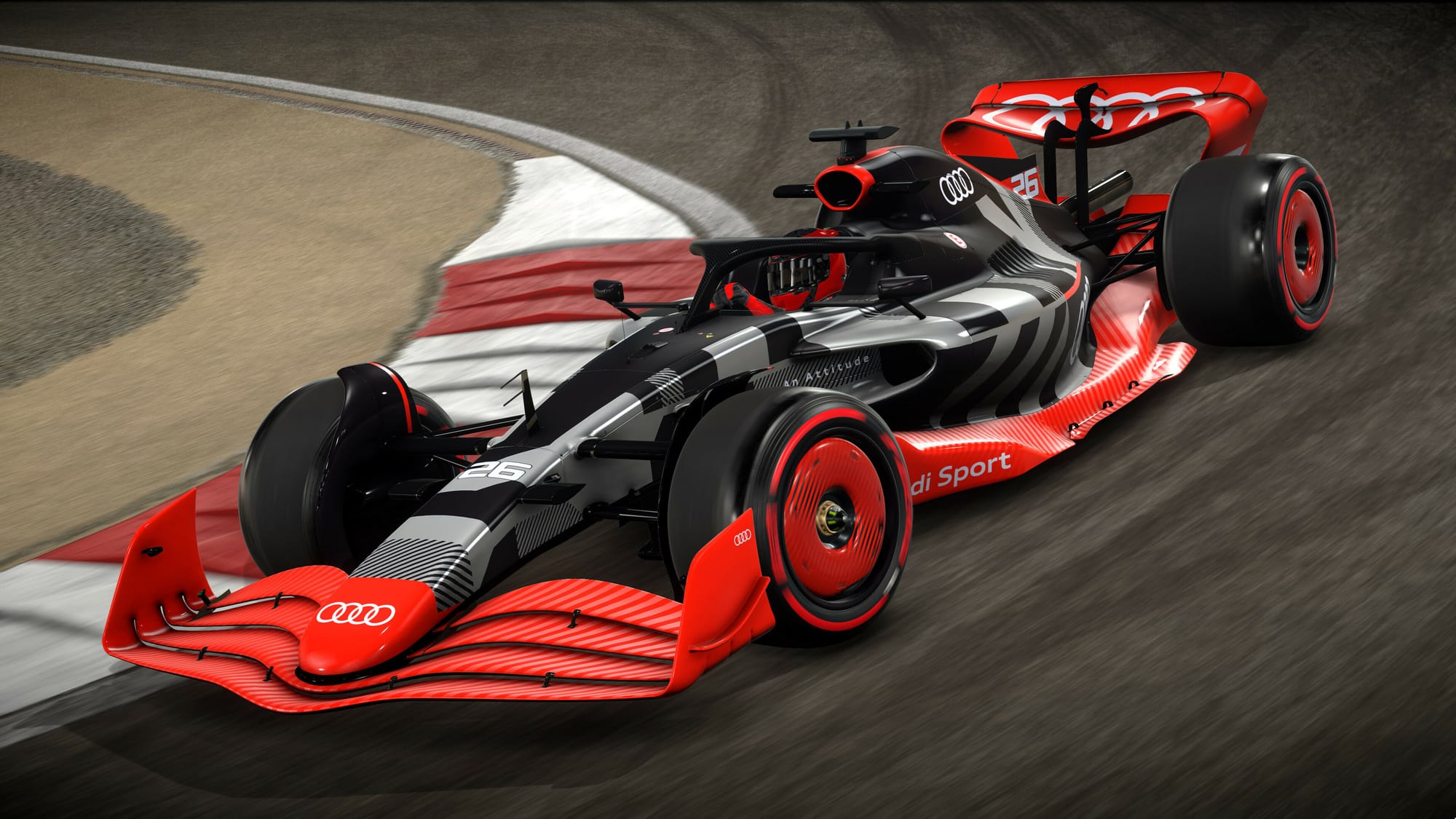
Whether the power unit performance will stack up is open to question, although a vast amount of work has been done at Audi's Neuburg an der Donau engine base a four-hour drive to the north-east of Hinwil. Engine performance will be central to the competitive equation in 2026 and expectations for Audi, as a newcomer, have to be realistic. What is encouraging is that the chassis side of the operation and the trackside team is now looking far more credible than it did a year ago.
There's still a huge amount of work to be done for Audi to deliver on its objectives. Various different timelines have been proposed, but Wheatley offers what is the latest aim, one that now looks hugely ambitious rather than impossible.
"We are on a journey towards winning races and championships by the end of the decade," says Wheatley. "It's not a straight line, it's not a simple progression to finish here in the championship, or there in the championship. There's hairpins on that straight line, there are dips and bumps and all sorts of things. And we're going from a small team to a works Audi Formula 1 team.
"There's going to be some positive steps forward at times, and then there's going to be times when you have to keep the team focused because things seem a little bit stagnant for a while. I'm looking forward to that journey, I've been on it many times in Formula 1, and think the important thing is to keep your eye on the goal."


